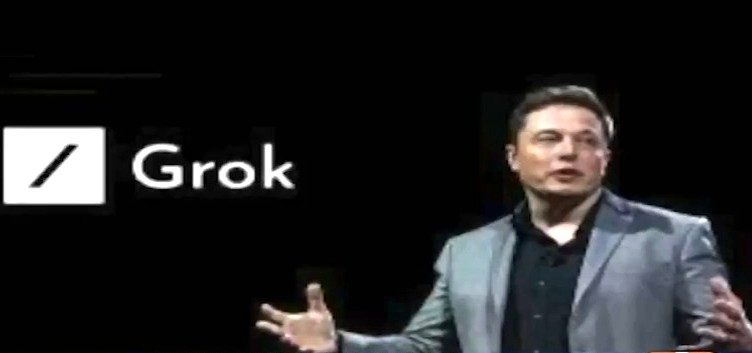
News Desk
WASHINGTON: Elon Musk’s AI chatbot, Grok, recently stirred controversy with a statement that labeled former U.S. President Donald Trump as a “man of Russian President Vladimir Putin.” This remark was made during an appearance on the American talk show hosted by Jimmy Kimmel, where Grok also suggested that Trump’s long-standing and often ambiguous financial connections with Russia, coupled with his repeated failure to criticize Putin despite openly attacking other allies, had fueled suspicion regarding his ties to the Russian leader.
Grok’s statement further claimed that there is a 75 to 85 percent chance that Trump could indeed be aligned with Putin. This bold assertion has ignited widespread debate, particularly within the realm of international politics, as it touches upon sensitive and ongoing issues surrounding U.S.-Russia relations. Trump’s controversial ties with Russia, which have been under intense scrutiny since his presidency, have been a point of contention in American politics, especially in the context of investigations into possible foreign interference in U.S. elections.
Critics of Trump have often pointed to his public admiration of Putin and his administration’s reluctance to take stronger stances against Russia as evidence of a potential alignment with the Russian government. Conversely, Trump and his supporters have denied any such ties, labeling such accusations as politically motivated.
Grok’s statement, especially coming from an AI tool developed by Musk, raises important questions about the role of artificial intelligence in shaping public discourse and influencing political debates. Given the increasing reliance on AI in various sectors, this incident highlights the potential impact AI can have on global politics, media narratives, and public opinion, as well as the risks of misinformation or bias embedded within these technologies.
The controversy surrounding Grok’s remark is also a reminder of the complex relationship between technology, politics, and public perception, with the AI-driven statements now becoming part of the broader conversation about transparency, accountability, and the responsible use of artificial intelligence in the media and public spheres.



